JOB PURPOSE:
Advances quality and process improvement initiatives by leading and conducting data analytics projects involving statistical analysis, data manipulation and presentation, operational optimization, benchmarking, dashboard design, and financial modeling.
MINIMUM EDUCATION REQUIRED:
Master’s degree in Industrial Engineering, Health Systems Engineering, Statistics, or Operations Research.
MINIMUM EXPERIENCE REQUIRED:
Three (3) years of progressively responsible data analytics and statistics experience. Previous experience in quality & process improvement and related healthcare experience is required. Certification in Lean, Six Sigma or CPHQ preferred. Proficiency in statistical methods such as hypothesis testing, linear regression analysis, and statistical
process control is required. Advanced knowledge of Microsoft Office software, including Word, Excel (Visual Basic),
PowerPoint, Visio (or other flowcharting application), and statistical software, such as Minitab and R, is required.
MINIMUM LICENSURE/CERTIFICATION REQUIRED BY LAW:
None.
ADDITIONAL QUALIFICATIONS:
Superior written and verbal communication skills including the ability to present ideas and data in a clear and compelling manner are requested. Experience with Tableau and Epic is strongly preferred. Certifications in Tableau and Epic are also strongly preferred.
KEY RESPONSIBILITIES:
1. Responsible for the collation, evaluation, interpretation, and presentation of quality data. Provides insight and recommendations for improvement.
2. Leads and conducts analytics projects to support various quality and process improvement initiatives involving data collection and statistical analysis, data visualization, as well as preparing and updating score cards, benchmarking, and progress reports.
3. Develops decision supporting tools, including MIS, Tableau and Epic dashboards, balanced scorecards and drill-down/roll-up type reporting.
4. Provides analytical and statistical expertise to Quality Department by creating and demonstrating templates and other statistical tools. Assists team members with their data analysis and shares knowledge and expertise.
5. Drives continuous improvement activity around quality, safety and patient experience. Acts as a change agent.
6. Trains and mentors more junior members of the team in process improvement, data analysis, and statistical methods.
7. Researches statistical modeling & analytical tools and how it can be applied to healthcare to drive improvement within organization.
KNOWLEDGE, SKILLS, ABILITIES
Strong critical thinking skills.
Ability to improve and expand knowledge through self-learning, with resources and materials available both within the organization and externally.
Understanding of process improvement/quality management methodologies.
Ability to develop effective relationships with a broad variety of people from diverse backgrounds.
Strong project management and organizational skills.
Ability to work with minimal supervision.
Disclaimer
The above information is intended to describe the general nature and level of work being performed by people assigned to this job. It is not intended to be an exhaustive list of responsibilities, duties and skills required of personnel so classified.
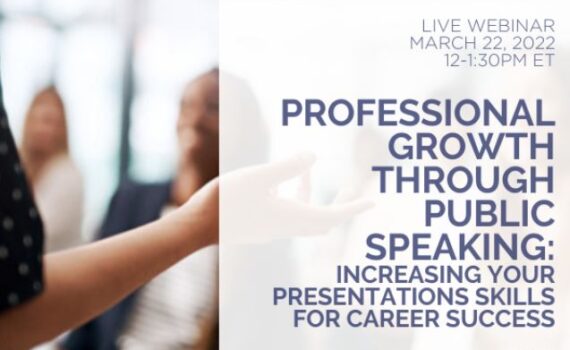

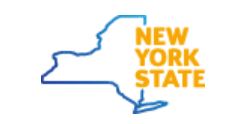
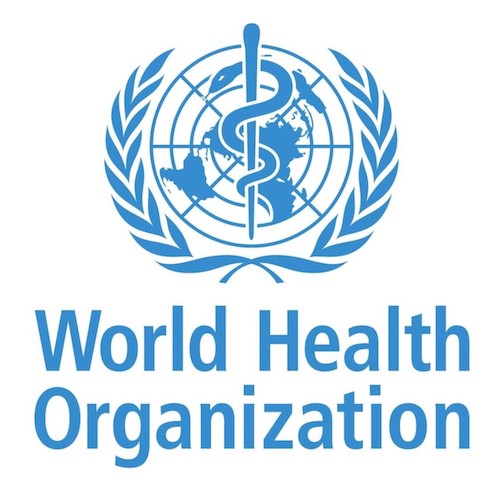
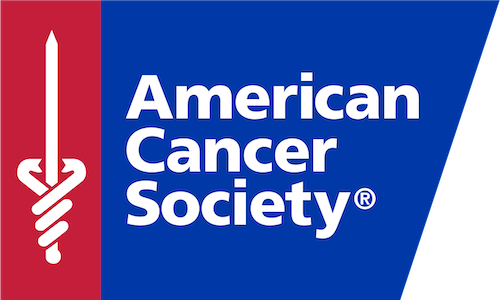

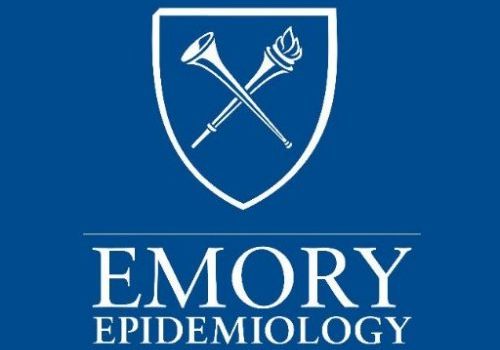

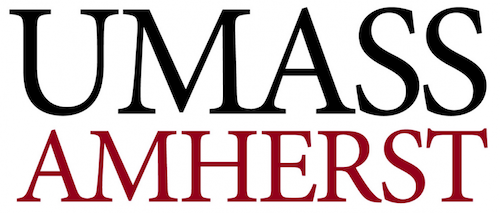

Recent Comments